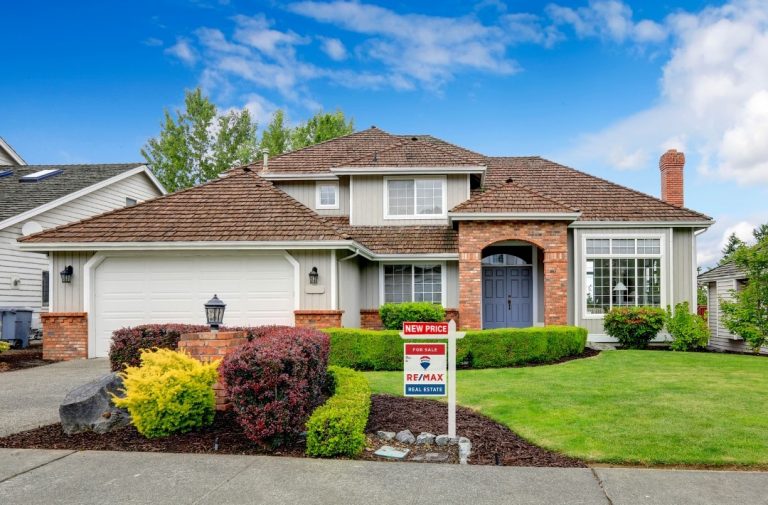If you push your asking price above market, you risk delaying your sale—and losing money. Overpricing your home can erode buyer interest and signal to them that you’re not flexible, even if you are.
In Canada, markets like Toronto are cooling fast. Listings linger, and buyers gain power. That means overpriced homes struggle to attract attention. Recent data show that Toronto home values dropped by about 5.5%, or nearly $58,000, over the past year. Buyers now face more choices and better negotiating positions.
A Vancouver-based perspective adds more weight: overpricing causes homes to sit on the market longer, scares off buyers, and forces price cuts. It also increases the chance of failing appraisals and lending issues.
Longer days on the market bring a real penalty. Canadian properties with high days-on-market often sell for less because buyers doubt the listing’s value. While specific national numbers are scarce, the general effect in Canada mirrors U.S. findings showing sale prices falling up to 5 % after just two months.
If you overprice, expect more than just a stale listing. Expect calls from your agent suggesting price reductions. Be prepared for low-ball offers or no offers at all. That hesitation can stretch from weeks into months, missing buyers in a better buying mood.
You can guard against this:
- Base your price on recent local sales, not wishful thinking.
- Watch early activity. Few showings in week one? That’s a sign to act.
- Work with agents familiar with regional trends.
- Factor in your carrying costs. Every extra week adds interest, tax, and pressure—not a buffer.
Bottom line: Overpricing your home creates false expectations and can cost you real dollars in the end. A fair, well-researched price draws attention fast—and preserves your leverage.


